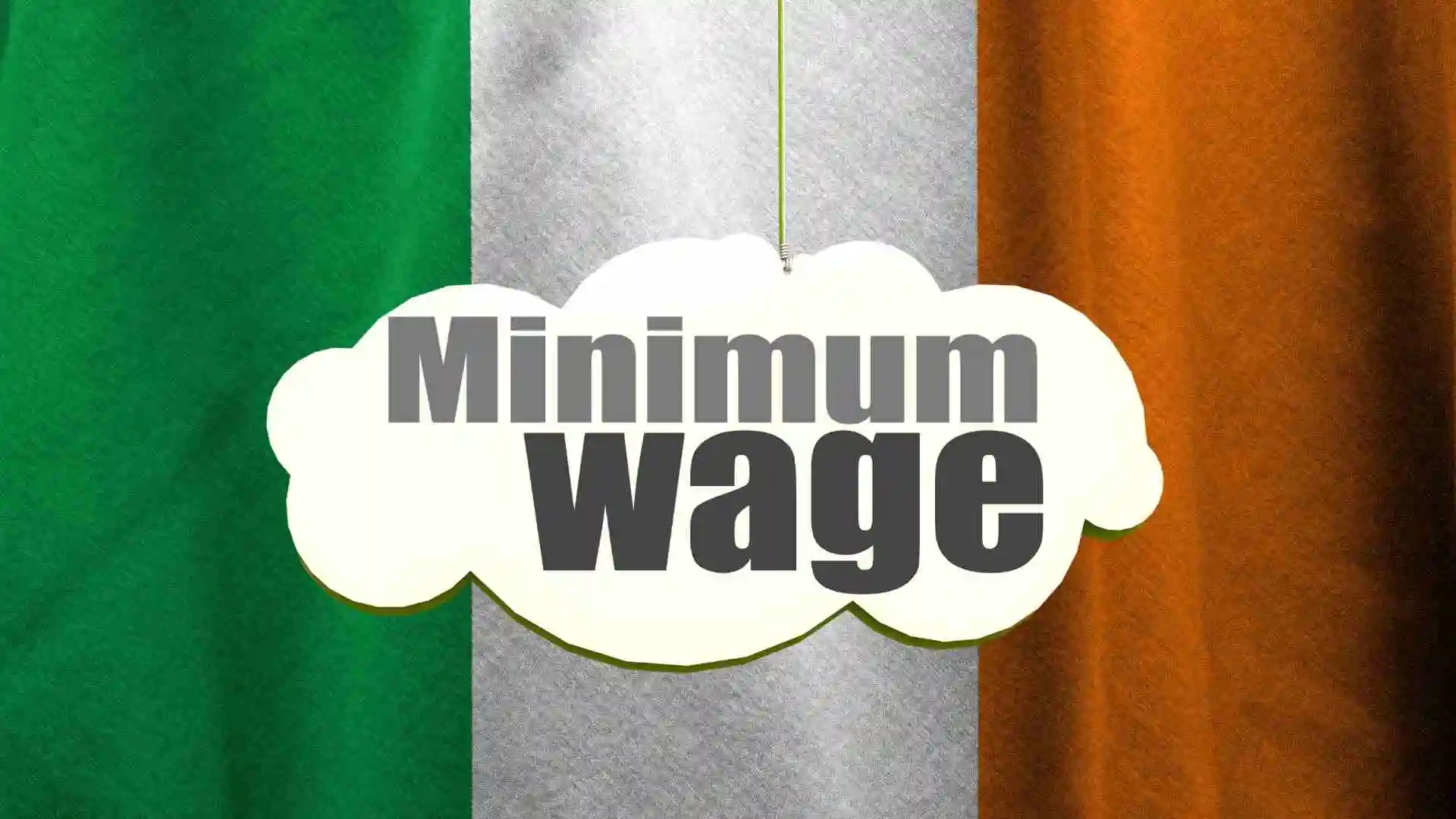Everything You Need To Know About The Minimum Wage Ireland

The minimum wage in Ireland increased to €13.50 per hour starting January 2025. This new rate affects workers across all sectors.
In this article, you’ll find everything you need to know about basic pay in Ireland, hourly wage rules by age, and tax policies related to minimum wage.
Important Update
Recently, a new amendment was made to the minimum wage ireland. From 1 January 2025 onwards, the current minimum wage Ireland has increased.
According to this amendment, workers will be paid €13.50 per hour. This rate applies to any worker aged 20 and over; workers of different ages have a different rate. However, the minimum wage you will receive will still be taxed.
National Minimum Wage
The national minimum wage (NMW) means that the country has set a standard pay rate for all its employees. Every employer must meet this legal requirement.
According to the NMW, employees must receive a set hourly wage. The wage rate varies depending on the employee’s age. Furthermore, the rate of NMW also changes every year. This helps protect workers in the labor force and allows them to have a minimum standard of living.
The National Minimum Wage Ireland 2025
In Ireland, an employer must pay employees a minimum wage per hour according to Irish law. The minimum wage ireland per hour that the employee will receive depends on their age.
Their work sector also plays a vital role in the minimum wage rate. Currently, the basic salary in ireland is €13.50 per hour for workers over the age of 20.

Who can receive minimum wage work?
Anyone over 16 can work any minimum-wage job in Ireland. This is considered a school-leaving age.
At this age, many people start working part-time to support themselves.
Hence, Irish law has made it a legal requirement for every worker to receive a fixed hourly rate determined by age. It doesn’t matter if the worker is an apprentice or not.
How does the government decide the minimum wage?
The government defines what minimum wage rates must be paid to all the employees. This rate applies to all who work full-time or part-time in any small business. However, the employee must have
Completed the essential training required for their job.
The current NMW rates in Ireland are listed below:
| Age | Hourly NMW | Percent of Minimum Wage |
|---|---|---|
| 20 and above | €13.50 | 100% |
| 19 | €12.15 | 90% |
| 18 | €10.80 | 80% |
| under 18 | €9.45 | 70% |
What effect does age have on Ireland’s minimum wage?
There is a scale of minimum wage. This helps more people of different ages and levels of experience find employment. The government planned this to help
Young workers avoid getting priced out of jobs.
Young workers often get exploited at the hands of their employees. They are paid lower wages than older workers. However, this can be due to their lack of experience. To train them, the employer must bear a
Higher training cost. Hence, the employer extracts this cost from the worker’s wage.
To avoid this, the Irish government has implemented a fixed minimum wage. This will help ensure a greater percentage of employment for younger workers.
Is tax applicable on the minimum wage?
You must pay income tax even if you receive a minimum wage. However, the tax rate varies depending on your earnings. Other factors that affect the tax rate include your relationship status. This means a different threshold will apply depending on whether you are single, married, or widowed.
What isn’t included in the minimum wage?
Knowing what parts of your pay are not included in your minimum wage is essential. Any tip or overtime payment you receive doesn’t affect your minimum wage.
Furthermore, taking a loan from your employer or getting an advance payment won’t be included in your minimum wage either. Remember, any commission you receive is included in your minimum wage.
What can be deducted from the minimum wage?
Certain things can be deducted from your pay. An employer can legally subtract any applicable taxes. Pension payments and trade union fees can also be deducted from your pay. If an employer provides you with charged accommodation, an amount can also be deducted.
However, an employer cannot deduct the cost of tools and uniforms, and travel and training expenses can also not be deducted from pay.
Basic Pay In Ireland
The term ‘basic pay’ is mentioned on the employee’s payslip. This means that this amount is your basic salary. It doesn’t include any extra payments, for example overtime work.

The Living Wage
A living wage is the minimum income any worker requires to meet their basic life needs. This ensures a decent standard of living. Employees are given an income based on the minimum living costs. As the cost of living increases, the living wage also increases. On the other hand, the Irish minimum wage fails to meet this standard.
Conclusion
As of January 2025, the minimum wage in Ireland stands at €13.50 per hour. This applies to workers aged over 20. However, the rate continues to change according to the worker’s age.
Any worker over 16 is entitled to a minimum wage. Although tax is applied to this wage, it helps employees earn a decent living.
FAQS:
LATEST NEWS
DISCOVER MORE






